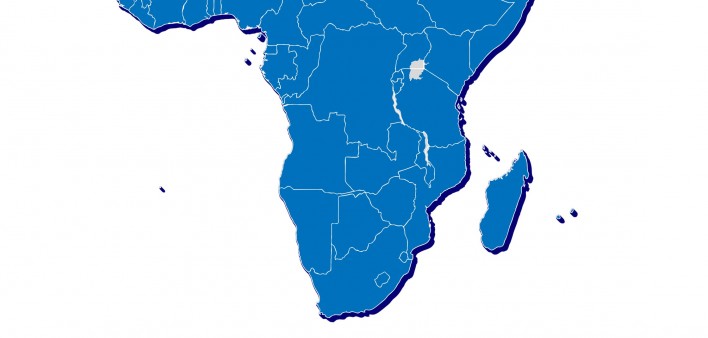Just four percent of children born to HIV-positive mothers in South Africa contract the virus by 18 months of age, aidsmap reports. Researchers from the South African prevention of mother-to-child transmission (PMTCT) Evaluation Group evaluated MTCT among a nationally representative sample of HIV-positive mothers and their newborns between 2012 and 2014.
Findings were presented at the 21st International AIDS Conference in Durban, South Africa (AIDS 2016).
During the study period, South Africa was switching from the so-called Option A protocol for preventing MTCT to Option B. Option A involves providing Retrovir (zidovudine, or AZT) for the HIV-positive mother starting 14 weeks into her pregnancy along with a single dose of Viramune (nevirapine) during labor and infant Viramune during breast feeding. The Option B protocol includes triple antiretroviral (ARV) treatment for mothers with HIV during pregnancy and breast feeding.
The researchers studied 1,797 infants exposed to HIV from their mothers. Cumulatively, the proportion of the newborns who were HIV positive by 3, 6, 9, 12, 15 and 18 months of age was a respective 2.7 percent, 3.5 percent, 3.7 percent, 3.9 percent, 4.1 percent and 4.3 percent. More than half of the postnatal transmissions occurred during the first six months of life.
To read the aidsmap article, click here.
To read the conference abstract, click here.
To download slides of the conference presentation, click here.






Comments
Comments